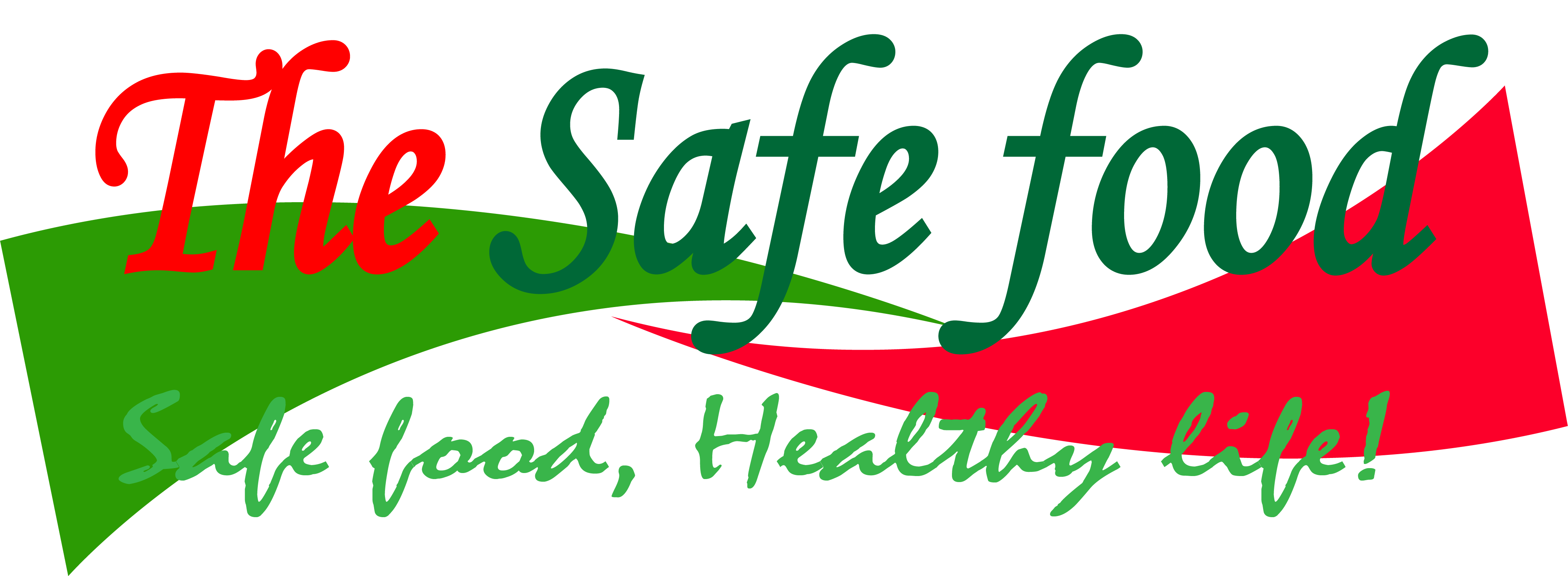What is food safety
Food safety is the extent to which those requirements relating specifically to characteristics or properties that have the potential to be harmful to health or to cause illness or injury are met.
Some food quality characteristics (e.g., counts of total
bacteria, coliform bacteria) can be used as indicators of food safety, although
they are not considered specifically as food safety characteristics. A food that
does not conform to the food safety requirements automatically does not conform
to the food quality requirements. On the other hand, a food can conform to the
food safety requirements, but not conform to the other quality
requirements.
Why food safety
Food safety is of paramount importance for several reasons:
- Public Health Protection: Ensuring food safety is crucial for safeguarding public health. Consuming contaminated or unsafe food can lead to foodborne illnesses, which can range from mild discomfort to severe health complications and even death. By implementing proper food safety measures, the risk of foodborne illnesses can be significantly reduced, protecting the health and well-being of consumers.
- Consumer Confidence and Trust: Food safety is closely linked to consumer confidence and trust in the food industry. When consumers have confidence that the food they consume is safe, they are more likely to make food choices without hesitation. Maintaining high food safety standards helps build trust between consumers and food producers, manufacturers, and retailers, which is vital for the success and reputation of food businesses.
- Legal and Regulatory Compliance: Food safety is regulated by various laws and regulations in most countries. Food businesses are required to comply with these regulations to ensure the safety of the products they produce or sell. Non-compliance can lead to legal consequences, such as fines, penalties, or even closure of the business. Implementing robust food safety practices helps businesses meet legal requirements and demonstrate their commitment to operating within the boundaries of the law.
- Economic Impact: Food safety incidents can have significant economic consequences for both businesses and the broader economy. Product recalls, lawsuits, and damaged reputations can result in substantial financial losses for food businesses. Moreover, if a widespread food safety issue occurs, such as a foodborne outbreak, it can impact the entire industry, leading to reduced consumer confidence, decreased sales, and negative economic consequences.
- International Trade: Global trade of food products is a significant aspect of the food industry. Adhering to internationally recognized food safety standards and regulations is essential for participating in international trade. Many countries require exporters to meet specific food safety requirements to ensure that imported food is safe for consumption. Complying with these standards facilitates trade relationships, opens up market opportunities, and enhances the reputation of exporting countries.
- Sustainable Food Systems: Food safety is an integral part of building sustainable food systems. It involves ensuring the safety and integrity of the entire food supply chain, from production to consumption. By implementing good agricultural practices, hygienic handling and processing methods, and proper storage and distribution practices, food safety risks can be minimized, leading to more sustainable and resilient food systems.
Overall, prioritizing food safety is crucial for protecting public health, maintaining consumer confidence, complying with regulations, avoiding financial losses, facilitating international trade, and building sustainable food systems. It requires the collective efforts of food producers, manufacturers, regulators, and consumers to establish and maintain high food safety standards throughout the entire food supply chain.
Who is responsible for safety?
Just like quality, safety is a responsibility of all people
on the food chain, not just the manufacture.
How can food become unsafe?
Food can become unsafe through many ways:
- Contamination from the environment with environmental contaminants such as heavy metals
- Cross contamination from contaminated foods or ingredients used
- Poor cleaning and sanitation practices for equipment and food itself
- Poor personal hygiene may cause contamination of food
- Poor storage of raw materials as well as finished foods. E.g. T
- ime and temperature abuse, toxic mold contamination due to high moisture storage for maize
- Negligence in the use of additives e.g. not following stipulations in the use of nitrites
- Adulteration of food with contaminants e.g. the use of antibiotics in preserving raw milk
- Failure to adhere to stipulated guidelines in the use of agricultural chemicals – agricultural chemical residues
- Processing toxic contaminants may be formed during processing such as nitrosamines, acrylamide
Enhancing food safety
Food safety can be enhanced through a number of ways:
- Food processing and preservation – food is processed to not only make it more palatable, nutritious, increase its shelf life but also to make it safe for consumption.
- Quality and safety management systems implementation – Today there are established safety management systems that can be implemented to enhance safety and assure the consumer of quality and safety. Such systems include the implementation of HACCP, ISO 22000 among other systems.
